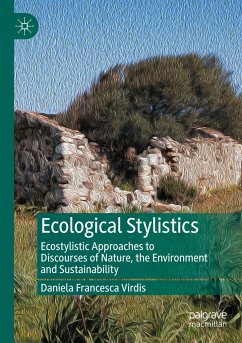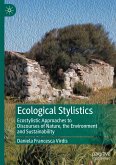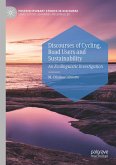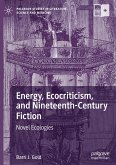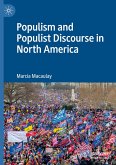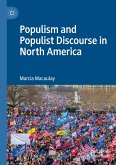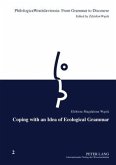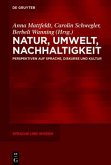This book reflects the cutting edge in ecostylistic approaches to nature, the environment and sustainability as represented in contemporary non-literary discourse. Firstly, the book presents the ecolinguistic and stylistic terms and theories applied in this ecostylistic analysis (ecosophy, beneficial, ambivalent and destructive discourses; and foregrounding, point of view, metaphor), and reviews the most recent literature in the field of ecostylistics. Secondly, the book examines the occurrences of five marker words (nature, environment, ecosystem, ecology, sustainability) on the websites of five environmental organisations and agencies (Forestry England, Greenpeace International, National Park Service, Navdanya International, World Wide Fund for Nature). The main research purpose of this study is to identify beneficial discourses in the environet and to investigate the beneficial ecostylistic strategies utilised to produce them. Above all, this book reminds us humans that wedo notstand apart from nature: we are a part of it. The book will be of interest to scholars of stylistics, ecolinguistics and ecocriticism, as well as scholars of discourse analysis, environmental communication and environmental humanities.
"Ecological Stylistics is the first volume to study beneficial discourses about the environment and introduces a new dimension into the study of language and ecology consistent with the theoretical framework and methodology of ecostylistics. It provides a thorough paradigm for the subject area of ecostylistics ... . this book discusses the stories we live by focusing on ecocentrism in an interdisciplinary perspective, which will be of interest to linguists, biologists, academic researchers sustainability officers working in environmental agencies and organizations." (Shimiao Guan, Discourse Communication, Vol. 17(4), 2023)
"The well-structured and thorough analysis in this volume tracks the uses of key ecological terms inrelevant beneficial texts ... . This book discusses the stories we live by focusing on ecocentrism in an interdisciplinary perspective, which will be of interest to linguists, biologists, academic researchers and sustainability officers working in environmental agencies and organizations." (Shimiao Guan, Discourse & Communication, Vol. 17 (4), 2023)
"This book provides an invaluable resource for students and scholars of ecostylistics with different levels of knowledge and expertise in this field. ... this book is exemplary ... of research that crosses disciplinary boundaries and makes a tangible attempt to reach an audience outside of academia. As such, it has the potential to pave the way for further future collaborations between ecostylisticians on the one hand and ecologists, activists, policy-makers, and scientists interested in the ecological history on the other." (Monica Turci, Journal of World Languages, Vol. 8 (3), December, 2022)
"The well-structured and thorough analysis in this volume tracks the uses of key ecological terms inrelevant beneficial texts ... . This book discusses the stories we live by focusing on ecocentrism in an interdisciplinary perspective, which will be of interest to linguists, biologists, academic researchers and sustainability officers working in environmental agencies and organizations." (Shimiao Guan, Discourse & Communication, Vol. 17 (4), 2023)
"This book provides an invaluable resource for students and scholars of ecostylistics with different levels of knowledge and expertise in this field. ... this book is exemplary ... of research that crosses disciplinary boundaries and makes a tangible attempt to reach an audience outside of academia. As such, it has the potential to pave the way for further future collaborations between ecostylisticians on the one hand and ecologists, activists, policy-makers, and scientists interested in the ecological history on the other." (Monica Turci, Journal of World Languages, Vol. 8 (3), December, 2022)

